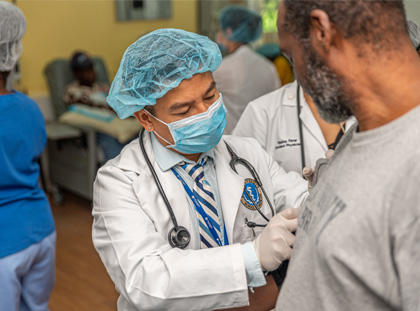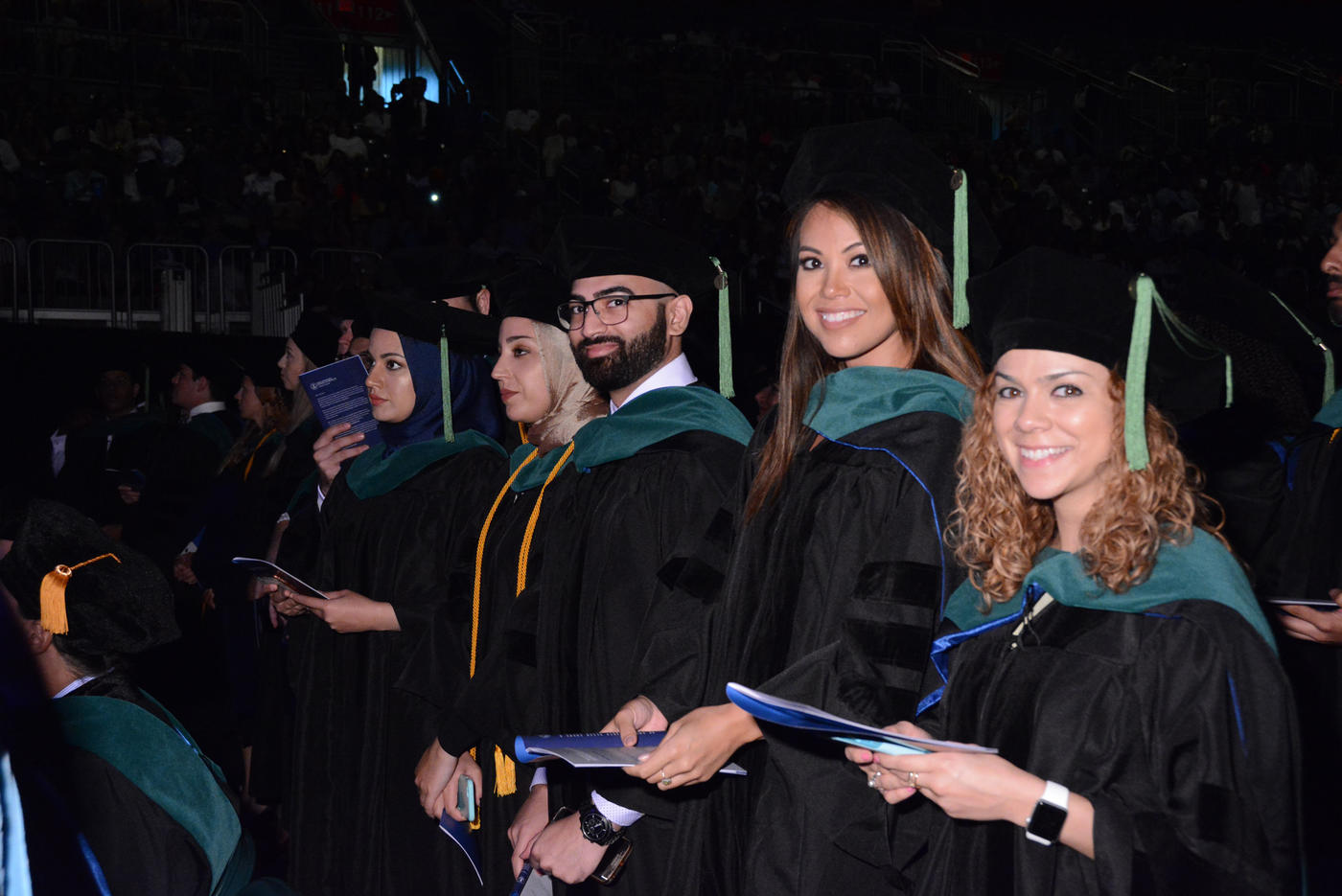Getting into medical school with a non science degree is possible. In fact, if you’ve taken the prerequisite science courses for your school, you’ll find that your GPA, MCAT exam score and extracurricular activities can have a stronger impact on getting admitted to medical school. In fact, a nontraditional medical student applicant is often viewed as a highly-valued candidate by admissions committees.
According to data from the Association of American Medical Colleges AAMC, only 59 percent of candidates who had submitted their Medical College Admission Test (MCAT) as part of their medical school application had an undergraduate major that could be classified as focusing on the biological sciences. Undergraduate majors in this group emphasized biological and physical sciences, specialized health sciences, and math, however, other majors such as Humanities and Social Sciences feature prominently.
It’s reassuring to know that most colleges and universities don’t have a formal pre-med major. As long as courses required by the AAMC are completed, students wishing to apply to medical school can choose any undergraduate major. Despite this, there are no set rules to identify the undergraduate coursework that will help an aspiring nontraditional medical student appear as a strong candidate on a medical school application.
What Do Admissions Committees Look For in a Non Traditional Medical Student?
Since the medical school curriculum is science-based, students should be aware that admissions committees will look for the following items in an application from a non traditional med school applicant:
- Success in science coursework
Admissions committees will need to have some substantiation to predict your performance in medical school courses. At the minimum, you should complete a year of biology, general chemistry, organic chemistry, biochemistry, and any other prerequisite coursework for your school. Refer to the websites of schools you wish to target to confirm what courses are recommended. If you need more proof of your abilities for committee review, a post baccalaureate degree is a great way to display your science aptitude.
- Get a high MCAT score
The MCAT score as well as the GPA will take on even more significance to a committee evaluating a non traditional medical student applicant. Most medical schools weigh these heavily in comparison to other elements and the results help to determine future medical school academic success.
- Submit great letters of recommendation
While letters from faculty members at your institution are essential, this is where recommendation letters from a post-baccalaureate program can help a non traditional medical student. Some schools will even accept letters from your employer as a replacement.
- Excel in your major and display your unique experiences
It goes without saying that you can impress a medical school committee with a high GPA in coursework that is part of your non-science major. What will really set you apart from other applicants are experiences related to your interests. Admissions committees may favor applicants who have succeeded academically and had unique life experiences. Your background, along with your GPA and MCAT score will provide a comprehensive view of the abilities and potential of a non traditional medical student.
An example of the perceived benefits non traditional medical students bring to the field of medicine is in a research study* in the Journal of General Internal Medicine reports that non traditional students with humanities majors have higher levels of positive physician qualities, e.g., wisdom, empathy, self-efficacy, and emotional intelligence in comparison with negative traits, such as burnout, and others that are detrimental to physician well-being. This data reinforces the RUSM’s holistic approach towards student admissions and patient care. Admissions committees are keenly aware of the benefits that students in non traditional majors bring to the medical field.
Once you’ve been admitted to school, Ross University School of Medicine (RUSM) guides you every step of the way with the Rely On Student Service (ROSS) Model—a student support network that connects every RUSM clinical student with their own team of dedicated advisors. Advisors are available to link non traditional medical students with a wide range of support services and resources at RUSM, from academic and career advising to financial aid assistance.
RUSM assists students further with The Medical Education Readiness Program (MERP), a 15-week medical school preparatory program focused on preparing aspiring medical students for success in medical school. MERP is offered to students who have been granted conditional acceptance to RUSM . The program provides students from diverse backgrounds and non traditional medical students with additional academic preparation to help them meet the demands of a rigorous medical school curriculum.
Admissions associates are available to answer your questions about applying to RUSM and provide additional information. Our knowledgeable associates can help you learn how to get into medical school, discuss career planning and assist you with your application. You can reach the Admissions Office at 1-855-MDROSSU (855-637-6778) or email admissions@rossu.edu.
*Mangione, S., Chakraborti, C., Staltari, G. et al. Medical Students’ Exposure to the Humanities Correlates with Positive Personal Qualities and Reduced Burnout: A Multi-Institutional U.S. Survey. J GEN INTERN MED 33, 628–634 (2018). https://doi.org/10.1007/s11606-017-4275-8



